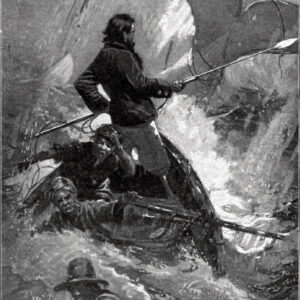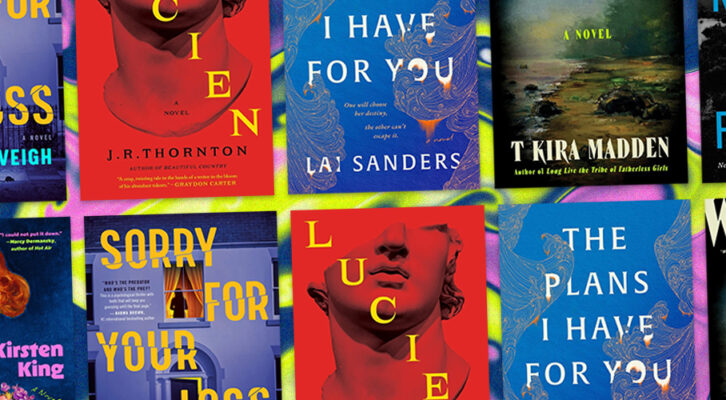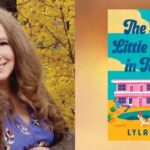
What True Sentences Did Hemingway Himself Write?
From The History of Literature Podcast with Jacke Wilson
For tens of thousands of years, human beings have been using fictional devices to shape their worlds and communicate with one another. Four thousand years ago they began writing down these stories, and a great flourishing of human achievement began. We know it today as literature, a term broad enough to encompass everything from ancient epic poetry to contemporary novels. How did literature develop? What forms has it taken? And what can we learn from engaging with these works today? Hosted by Jacke Wilson, an amateur scholar with a lifelong passion for literature, The History of Literature takes a fresh look at some of the most compelling examples of creative genius the world has ever known.
“All you have to do is write one true sentence,” Ernest Hemingway said in A Moveable Feast. “Write the truest sentence that you know.” And so he did: the man wrote thousands of sentences, all in search of “truth” of some kind. What does a “true sentence” mean for a fiction writer? What true sentences did Hemingway himself write? And how much of this is in the eye of the beholder?
In this episode, Jacke is joined by Mark Cirino, the host of the One True podcast and author of the book One True Sentence: Writers & Readers on Hemingway’s Art, for a discussion of Hemingway, his quest for true sentences, and what that has meant for dozens of contemporary readers.
________________________
Subscribe now on iTunes, Spotify, Google Podcasts, Android, Stitcher, or wherever else you find your podcasts!
History of Literature
Hosted by Jacke Wilson, an amateur scholar with a lifelong passion for literature, The History of Literature takes a fresh look at some of the most compelling examples of creative genius the world has ever known.



















